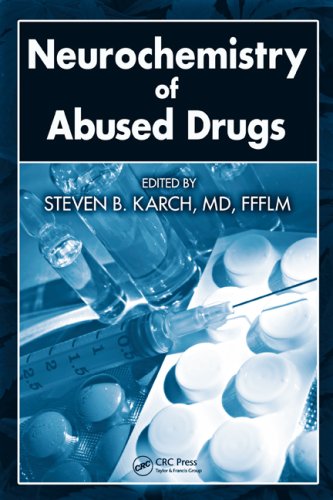

Most ebook files are in PDF format, so you can easily read them using various software such as Foxit Reader or directly on the Google Chrome browser.
Some ebook files are released by publishers in other formats such as .awz, .mobi, .epub, .fb2, etc. You may need to install specific software to read these formats on mobile/PC, such as Calibre.
Please read the tutorial at this link: https://ebookbell.com/faq
We offer FREE conversion to the popular formats you request; however, this may take some time. Therefore, right after payment, please email us, and we will try to provide the service as quickly as possible.
For some exceptional file formats or broken links (if any), please refrain from opening any disputes. Instead, email us first, and we will try to assist within a maximum of 6 hours.
EbookBell Team

5.0
78 reviewsBeginning with a detailed look at individual drugs and their effects on the brain, Neurochemistry of Abused Drugs considers the changes in neurotransmitter levels and discusses the relationship of these changes to the nature and phenomenon of addiction. New studies highlight the addictive capacity of nicotine as well as introduce novel compounds that may aid in tobacco cessation. Chapters examine nicotine dependant neuroplasticity and the various neurochemical substrates that support and promote addiction including cholinergic, dopaminergic, and GABAergic adaptations. The book also offers detailed information on the neurochemical and neurobehavioral consequences of MDMA, methamphetamine, and cocaine use. Recent discoveries on the neurotransmitter systems involved in each of these drugs reveal new therapeutic targets for alleviating addiction including ibogaine, and GABA and glutamate receptors. Extensively referenced and citing numerous up-to-date studies, this book provides unparalleled insight into the action and potential inhibition of drugs of abuse.